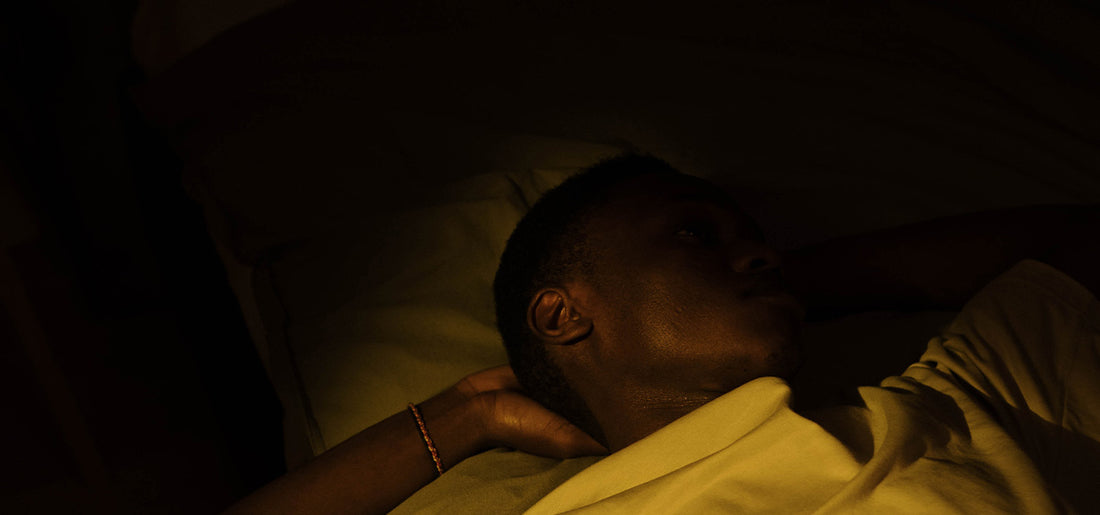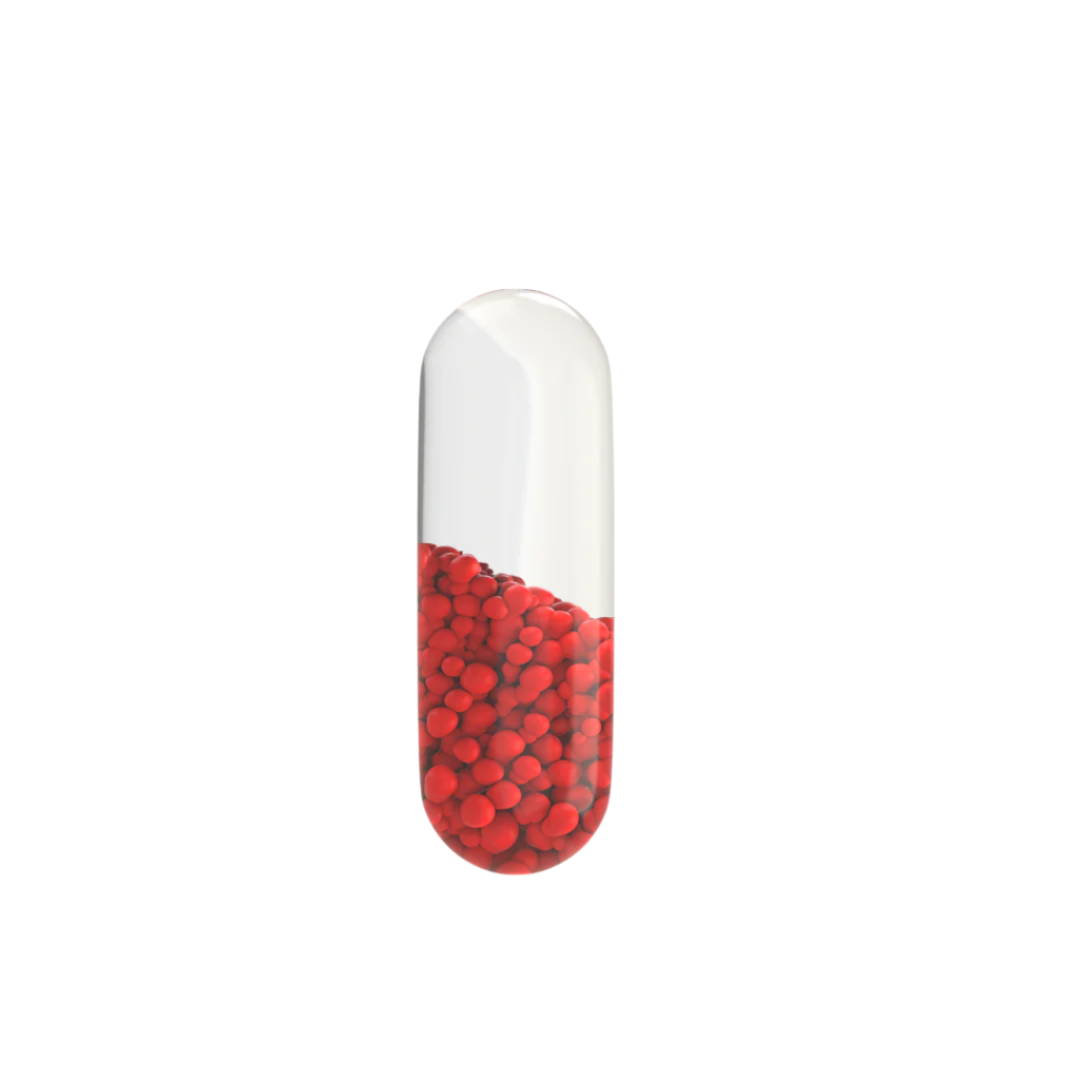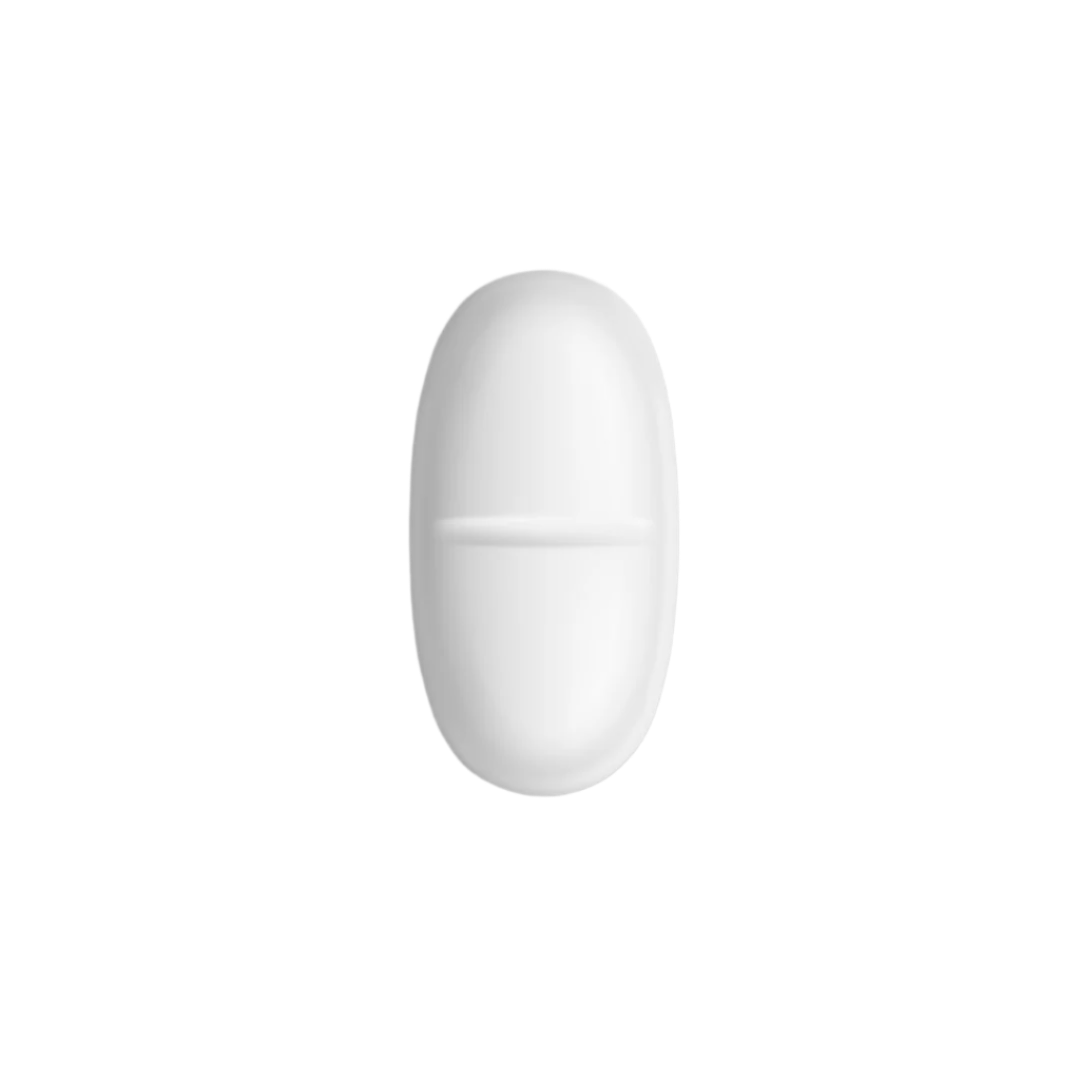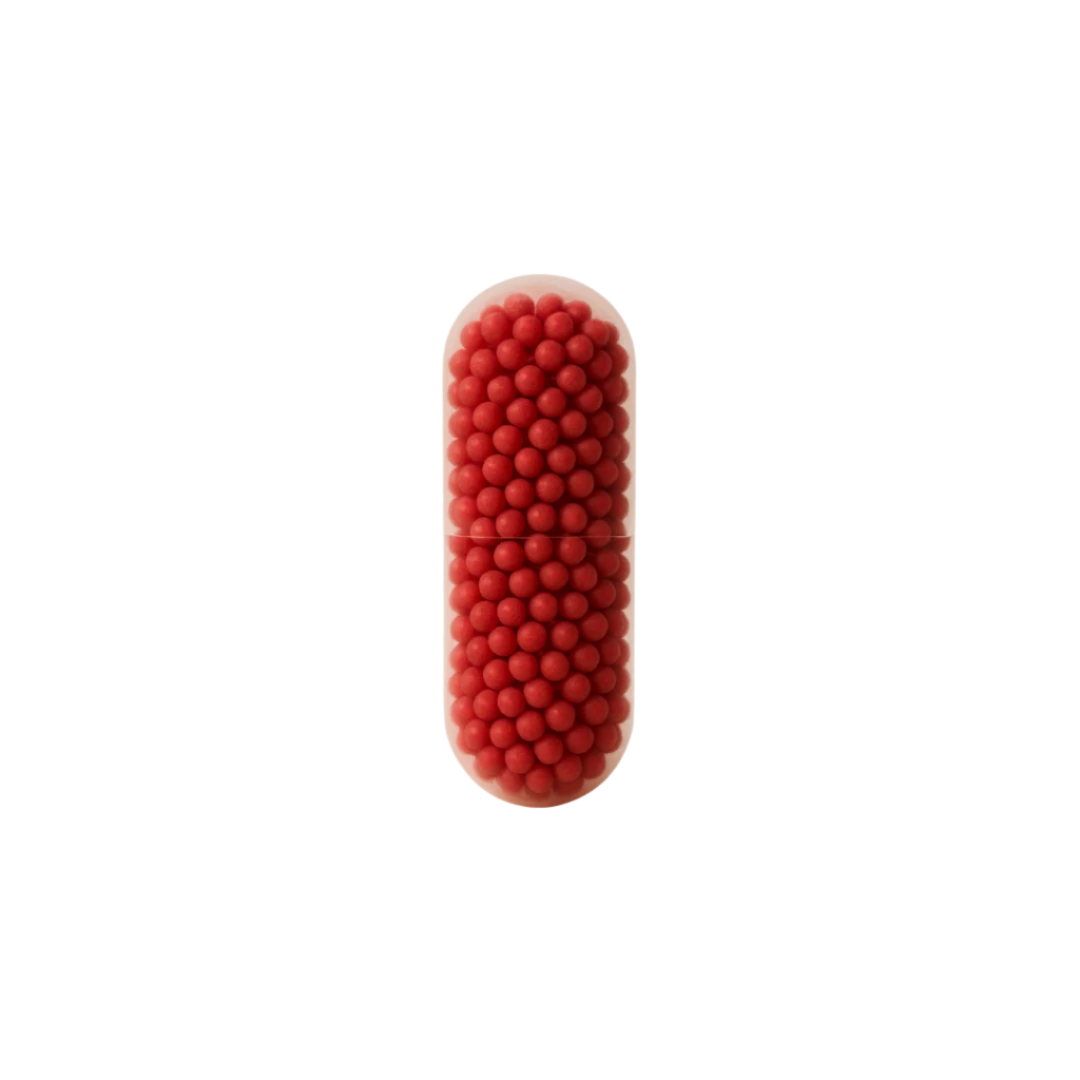How does light affect sleep?

Some of us have settled into the habit of watching television, browsing laptops or cell phones, or using electronic devices in the evening to relax, unwind, and fall asleep. However, sleep research suggests such a habit might impact sleep quality. That’s because while light exposure during the day (particularly to natural light) can be beneficial, during the night it can disrupt our internal clock and affect our sleep cycles.
The impact of artificial light on our circadian rhythms
Your body is dictated by its circadian rhythms, a set of time-dependent physical, mental and behavioural shifts (Patke, A., 2020). The most obvious circadian rhythm is the one that drives you to be tired at night and alert during the day. This process is dependent upon the secretion of the hormone melatonin. Nighttime light exposure, such as via screens or LED lights, can confuse this process, suppressing melatonin levels and keeping you up longer. Sleeping with light bulbs or light sources can result in less REM sleep (Rapid Eye Movement) and slow-wave sleep, which represent “good sleep”. And, of course, good natural sleep is important for maintaining overall health.
How does blue light affect sleep?
Science is still divided about whether blue wavelengths or yellow wavelengths from screens are more disruptive. On the one hand, studies have shown that blue light exposure disrupts the production of melatonin (Gianluca et al, 2016). On the other hand, a recent study shows that contrary to common beliefs, it’s yellow rather than blue colours that have the strongest effect on the mammalian circadian clock and can cause sleep problems (Joshua, W. et al, 2019).
What colour night light promotes sleep?
- Use red lights. Studies suggest that out of all the light wavelengths, it is least likely to impact sleepiness.
- Furthermore, if you must use electronic devices in the night, consider turning on night mode.
Sleeping in a dark room
Having a light source on when you fall asleep is not a good idea. In fact, you improve sleep quality when you optimise four cues. First, make sure the room you sleep in is as dark as possible. Second, keep the temperature between 15 - 20 °C. Third, ensure the room is quiet. And fourth, keep two hours between mealtime and bedtime.
We recommend the following to help you sleep better:
- use blackout curtains to prevent outside bright light from impacting your sleep
- try to limit your screen time in the evenings, and avoid it altogether in the hour before you plan to fall asleep
- try to set a daily routine so your body automatically settles into a sleep-wake cycle
If you are a shift worker or someone who suffers from drowsiness in the mornings, then consider B・SYNC ON. It is designed to help you wake up feeling refreshed. It can also help align your internal clock.
Sources
- Patke, A., Young, M.W. & Axelrod, S.
Molecular mechanisms and physiological importance of circadian rhythms.
Nat Rev Mol Cell Biol 21, 67–84 (2020).
https://doi.org/10.1038/s41580-019-0179-2 - Gianluca Tosini, Ian Ferguson, & Kazuo Tsubota.
Effects of blue light on the circadian system and eye physiology
Molecular Vision 22: 61–72 (2016). PMID: 26900325, PMCID: PMC4734149 - Joshua W.Mouland, Franck Martial, AlexWatson,, & Timothy M.Brown
Cones Support Alignment to an Inconsistent World by Suppressing Mouse Circadian Responses to the Blue Colors Associated with Twilight
Current Biology 29, 4260-4267 (2019)
https://doi.org/10.1016/j.cub.2019.10.028







